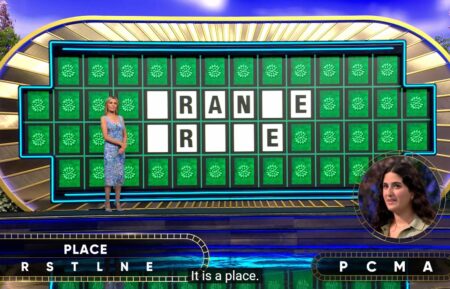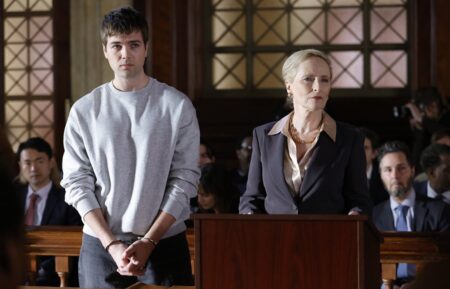‘Dead To Me’: How a Series About Grief Became My Comfort Show
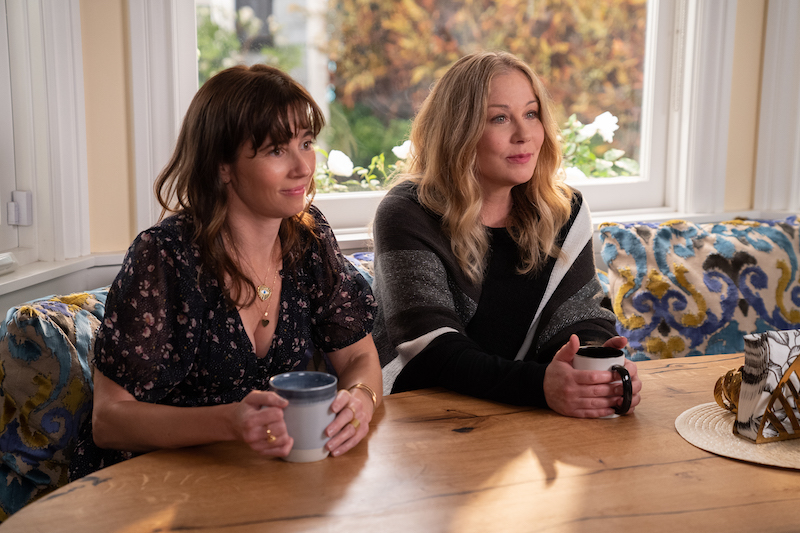
Opinion
“You don’t think every experience is the universe trying to teach us something?” a curious Judy Hale (Linda Cardellini) asks her best friend, cynical and straight-laced Jen Harding (Christina Applegate), in the final season of Netflix‘s Dead To Me. Jen’s response is one of reproach, but as I watched the episode, I found myself taken aback by the question. Before screeners hit my inbox over a month before the show’s public release, I had already been personally mourning the ending of this series the same way some people prepare to say goodbye to a person; despite working in the entertainment industry there have been very few shows that I’ve become attached to enough to watch every episode of, invest myself in, and feel connected to on more than just an enjoyment level.
Dead To Me was one of those shows.
After plowing through the first season mere hours after it premiered in 2019, I instantly knew the show had become one of my favorites. Still, I can’t say that the premiere initially hooked me with parallels to my own experiences, because at the time, it didn’t. But in the same way that life unexpectedly changes, I eventually found myself undergoing situations that mirrored both Jen and Judy’s journeys. And the series, along with its stories and its characters, became a roadmap: as I grieved loved ones lost during COVID, as I dealt with finally fully embracing my queerness in my late 30’s, and as I unexpectedly suffered my first miscarriage. When Judy asked her question, I realized I had unknowingly been circling that same thought: What has this experience with the show taught me? What was the meaning of it coming into my life when it did and attaching itself to me so closely, more so than other shows I’d watched over the past three years?
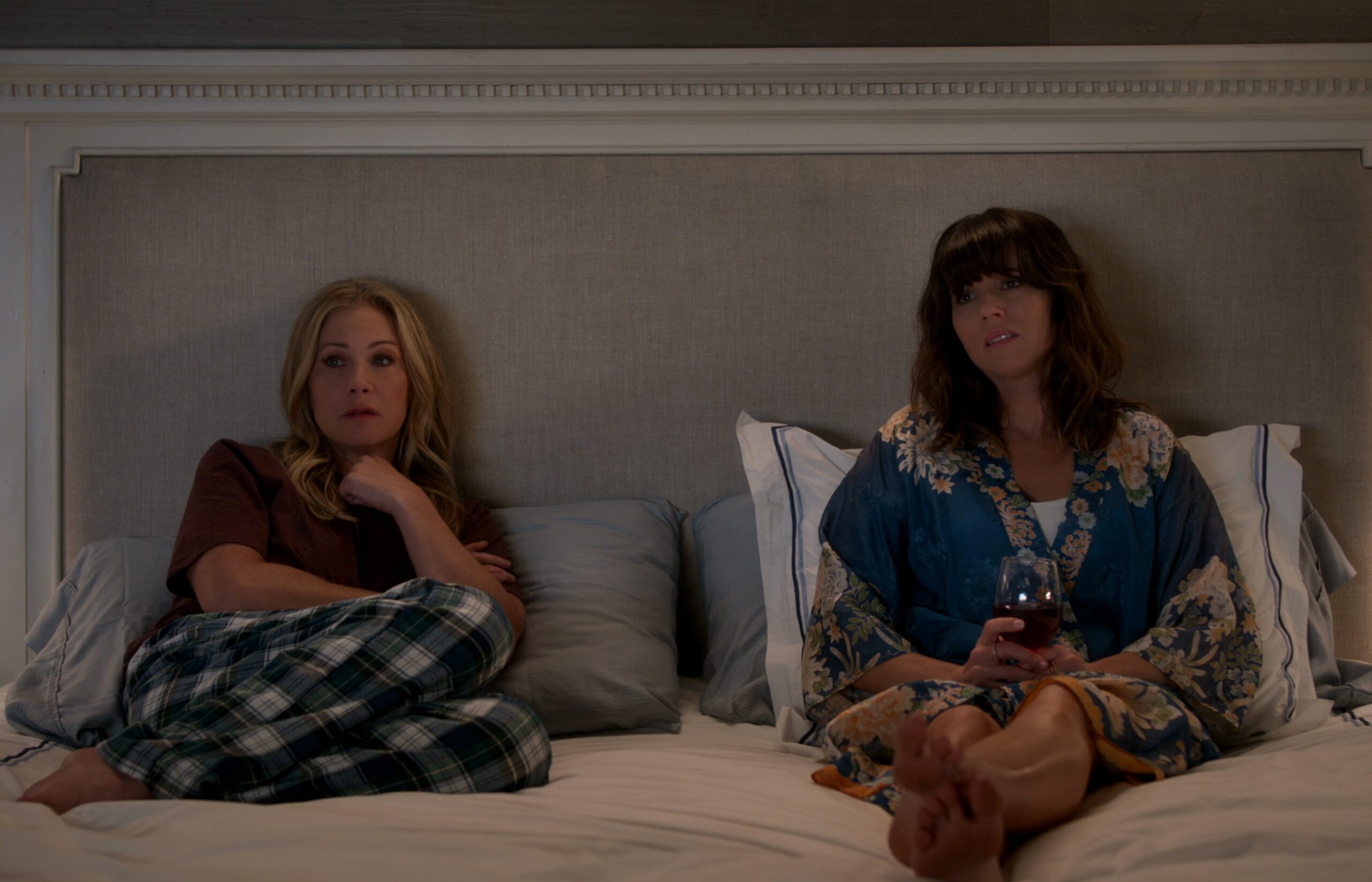
Netflix
And I realized that in a show about grief and forgiveness, I had found comfort.
Everyone associates “comfort viewing” with shows or stories that are light-hearted and that take you away from the world. Dead To Me is far from that: it’s a dramedy to its core, where during the course of each half-hour, you’re thrown onto a fast-paced ride with emotions ranging from hysterical laughter to multiple tears (usually with a lot of wine involved.) But the multi-faceted aspects of the show were its strength. They were what allowed me to appreciate my own complicated feelings. The show allowed me to laugh through the pain or, in some cases, allowed me to remember I could laugh. On a specific level, Judy Hale and her quest for ongoing human connection — to always look for something positive in the face of negativity or pessimism — allowed me to explore my emotions in a way that felt safe and cathartic. Her unapologetic open vulnerability and deeply flawed personality helped me realize it was okay to be flawed myself and that I didn’t have to apologize.
As a testament to how brilliantly the show has been written, predicting how it would end seemed impossible. Arguably, no one could have pinpointed the ultimate conclusion, which didn’t end with a police caper or an FBI arrest, or another murder mystery. Instead, the ending put the focus back on the two people who have always been the heart of the show, giving them and their relationship center stage as they worked through their biggest obstacles yet: a terminal stage 4 cervical cancer diagnosis for Judy and a surprise pregnancy for Jen (the father being Ben (James Marsden), the twin brother of Judy’s ex-fiance and the man Jen killed.
It’s easy to view this ending as unfair: Judy, the always-giving, genuine light gets her life cut short. But that’s also life. Life isn’t fair, and life doesn’t pick or choose who it decides to be kind to. If we felt like Judy’s fate was hard to accept, it’s because we felt in our core what Jen felt hearing every step of bad news along the way: how does something like this happen to someone that just doesn’t seem to deserve it? Yet Dead To Me has always represented the hard realities of life and grief, a balancing act between the darkest lows and the highest highs. Sure, there are elements of the show that sometimes feel on par with a soap opera. (Twins, anyone?) But at its core, the series has always leaned into the realness of what it means to experience life with someone who you connect with on a deeper level.
The Jen we met at the beginning of the series was abrasive, cruel, and closed off. She couldn’t even entertain the idea of Judy being nice to her, much less trying to befriend her. (And that was before she knew that Judy was behind the wheel of the car that hit and killed her husband, Ted!) At the end of the series, the Jen we see has grown immensely from that first episode. Not only has she learned to love, but she’s also learned how to be compassionate and give second chances — something that wouldn’t have been possible without having Judy in her life.
Similarly, Judy making the decision to live out her final days on her own terms came from a place of peace. Despite what other people had made her feel over the years, she finally felt secure in the fact that she is truly capable of being loved, and she knew she had made a difference to someone. She knew someone had finally loved her back just as fiercely as she had loved her because she had found a place in Jen’s life with her family.
In the first season, every episode title started with “I/Me.” The specific naming scheme continued throughout the series, with the second season’s episode titles starting with “You,” and the third season’s starting with “We.” That’s no carefully constructed coincidence, as, by the final set of episodes, Dead To Me is no longer one woman’s story or one woman’s struggle or one woman’s secret. Judy and Jen are on equal ground, secrets laid bare, ultimately representing the best of what they’ve taught each other. They may have met as two people who couldn’t be more different, but underneath the personality differences, there was a striking parallel: two women who had been hurt in their own lives who were looking for love and looking to heal, who found those things by loving each other amidst many missteps and a lot of hard lessons. Even when Jen tried to banish Judy from her life and even when Judy wanted nothing to do with Jen, they stayed together. They came back to each other because of their deep love and respect, and because once you find your person, you realize how important it is to have that person in your life.
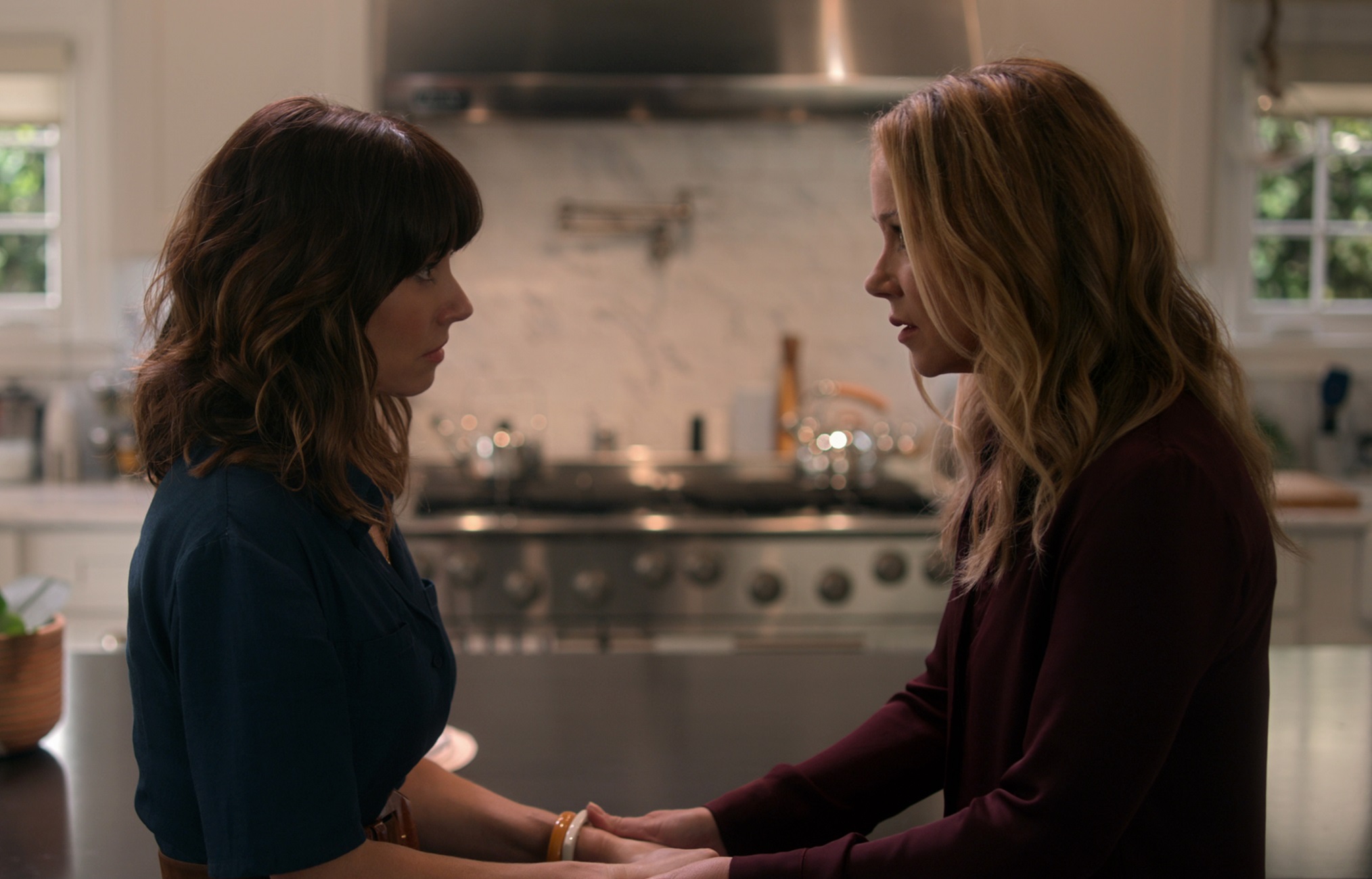
Netflix
As an emotional Judy says in the pair’s final scene together, “you filled the hole in my heart.”
Perhaps that’s what the experience of Dead To Me really taught us — or at least, taught me: that while grief might hold on forever if we let ourselves grow from the pain, we can use it to carry on with the best version of ourselves. Just like Judy and Jen did.
Dead to Me, Seasons 1-3, Streaming Now, Netflix
From TV Guide Magazine
How Hulu's 'Mid-Century Modern' Is a 'Golden Girls' for Our Times
Settle in for some older and bolder laughs with the BFFs of a certain age in the new comedy starring Nathan Lane, Matt Bomer, and Nathan Lee Graham. Read the story now on TV Insider.





